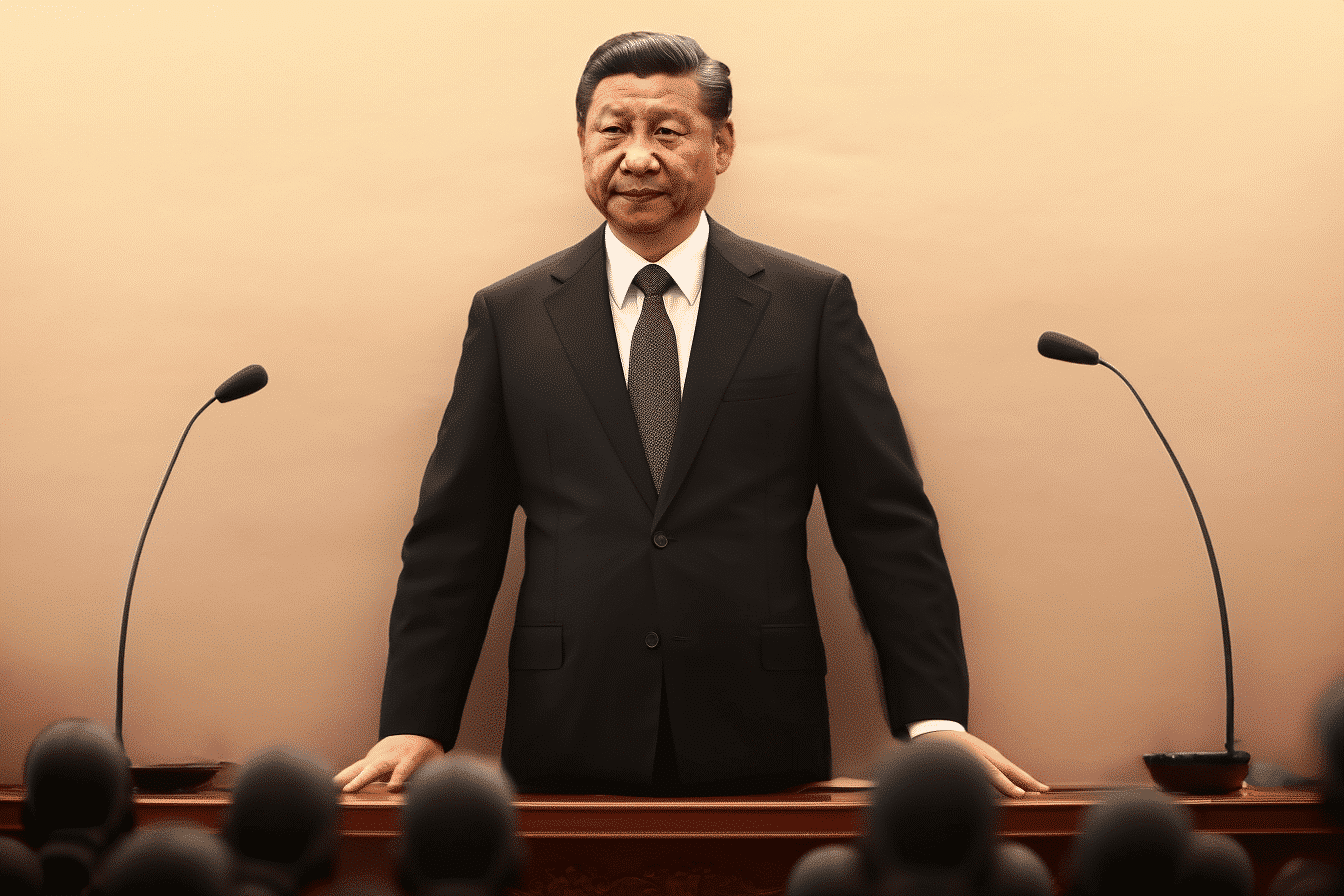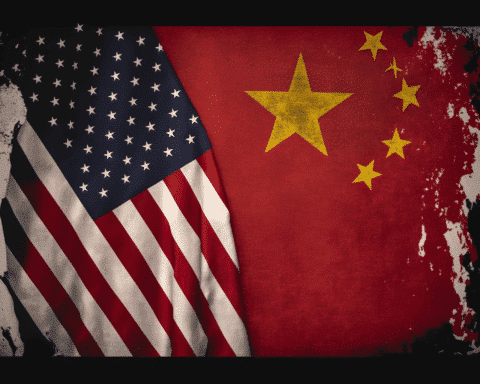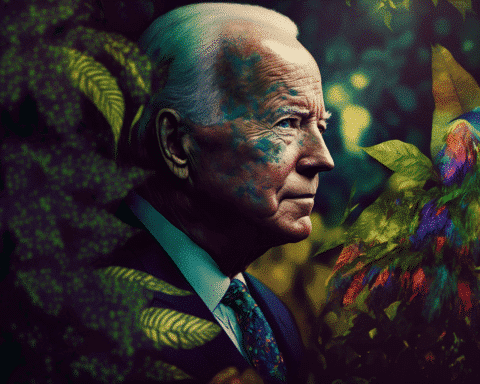As John Kerry, US climate envoy, urges for swifter action to combat climate change during his noteworthy visit to Beijing, Chinese leader Xi Jinping affirmed on Tuesday that China is determined to set its course in slashing carbon emissions.
Xi declared to a national environmental protection conference that China remains steadfast in its dual carbon objectives, namely reaching peak carbon by 2030 and achieving carbon neutrality by 2060, as the state-run news agency Xinhua reported.
Xi underscored that the roadmap, methodology, speed and intensity of reaching these goals “should and must be determined by ourselves and will never be influenced by others.”
Xi’s statement coincides with Kerry’s meeting with China’s Premier Li Qiang and senior diplomat Wang Yi. This encounter marks the revival of long-dormant climate discussions between Beijing and Washington – the world’s two largest polluters – as extreme heatwaves sweep much of the planet.
During his conversation with Li, Kerry underscored the urgency for China to decarbonize its power sector, curb methane emissions, and diminish deforestation, according to a spokesperson from the US State Department.
Furthermore, Kerry encouraged China to amplify its climate ambitions to avert the worst outcomes of the climate crisis.
China has been heavily investing in renewable energy in recent years. Its solar capacity now surpasses the combined total of the rest of the world, and China also dominates in wind capacity and electric vehicle production.
Conversely, China’s swift approval of new coal plants due to an increased focus on “energy security” has alarmed environmentalists, who fear these developments could slow and complicate the transition from coal.
Xi’s comments at the conference suggest that China refuses to be pressured, especially by the United States.
As the top two emitters of greenhouse gases globally, any meaningful solution to the climate crisis will necessitate significant emission reductions from both the US and China. While China’s emissions are over twice those of the US, historically, the US has been the world’s top emitter.
China and other rapidly developing countries maintain that the wealthiest nations, particularly those in the West, became affluent while significantly contributing to carbon emissions for decades.
The tense relationship between the US and China strained over numerous issues from geopolitics to trade and tech, is at a historical low.
The US posits that climate collaboration with China should remain separate from their disagreements. However, Beijing thinks otherwise. In response to then-House Speaker Nancy Pelosi’s visit to Taiwan last year, China ceased climate discussions with the US amid the country’s worst heatwave in sixty years.
Beijing also stopped cooperating on other mutual interests, such as military and law enforcement communication.
This perspective disparity was visible in Beijing as the two parties resumed talks.
In his meeting with Wang, China’s leading diplomat, on Tuesday, Kerry emphasized that bilateral disputes should not impede tangible progress on climate cooperation.
However, Wang insisted that climate cooperation “cannot be separated from the overall environment of Sino-US relations.” He called on the US to adopt a “rational, pragmatic and positive policy toward China” and to tactfully handle the Taiwan issue, over which Beijing claims sovereignty.
Per Reuters, on Wednesday, Kerry reiterated to Chinese Vice-President Han Zheng that climate issues should be dealt with separately from broader diplomatic matters.
Despite the diplomatic hurdles between the two nations in recent years, Kerry maintained that climate should be addressed as an independent challenge needing the combined efforts of the world’s largest economies, Reuters reported.
The recently reignited climate discussions between the world’s two largest greenhouse gas emitters are scrutinized as both nations grapple with diplomatic tensions. While the United States emphasizes the separation of climate cooperation from broader disputes, China insists on a more holistic view of their relationship. Amid these disagreements, however, it is clear that both nations and the world at large have a vested interest in addressing the global climate crisis.




